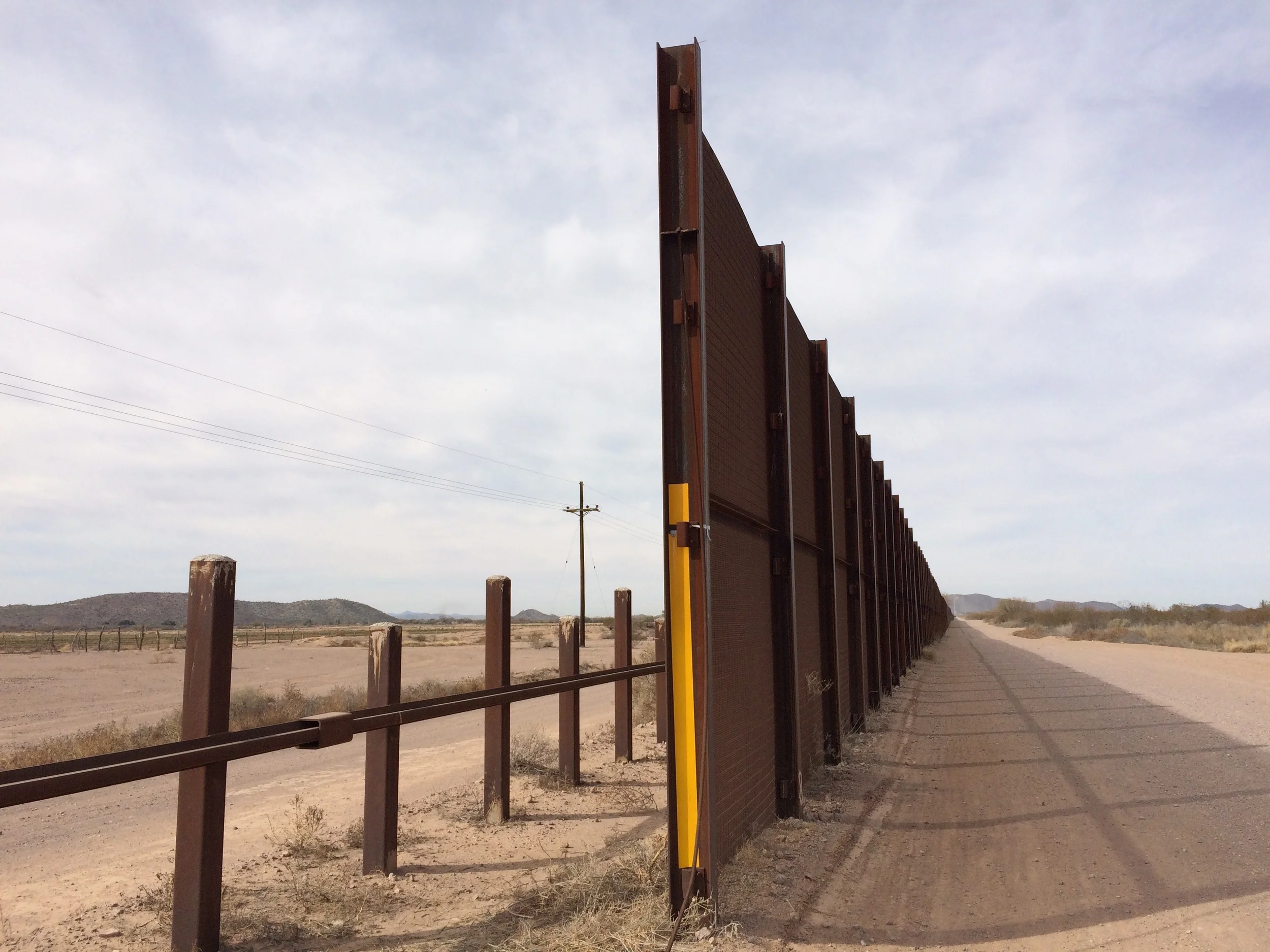"I can't believe I'm out."
In the nearly three hours on a random April night when our lives crossed paths, she uttered that phrase numerous times. I wanted to ask but I did not. I would not have to.
She had left her birthplace nearly a year ago. She travelled through 18 countries. Mostly she walked. She spent nearly a week in the jungle without food. At one point, her passport was robbed and she lost her identity. Yet she walked some more. After eight months of traveling she finally made it to the border. A few hours in the Sonora desert and she was in Arizona. Then she was arrested.
I walked through that desert this morning. The crunch the rocks make beneath your shoes echo through the landscape of peppered cacti. It is both beautiful and terrifying. The desert floor rejects your attempts to imprint your footsteps on it. At every step there's a plant waiting to attack trespassers. The space feels haunted. Yet, the place feels familiar.
After being arrested by our increasingly efficient border patrol, she was held in "detention" for four months while they assessed her national security risk. It's a strange word to use in the context of her story -- her descriptions of inadequate food and being forced to smuggle bare bones provisions of noodles from the commissary only to have those taken by the guards; her stories of being forced to labor as punishment for not following strict rules; her accounts of the lack of proper medical care where the prescription for every conceivable ailment is to "drink water." "Detention" connotes a sense of harmlessness and benevolence. Her experiences denote torment and tragedy.
Walking through the desert, I wondered how we got here. How did we come to the point in an increasingly globalized world betraying physical borders on a daily and minute-by-minute basis to so severely punish those who seek to transcend? Can we look past the lines in the sand that have been arbitrarily drawn and look into the eyes of unbelievable courage in the stranger? Can we recognize her stubborn determination? Can we see her desire for a better life akin to our daily struggles and ambitions? Can we look in her eyes and see ourselves?
I welcomed her to America since I assumed no one had done so yet. She looked at me and smiled ever so slightly. Then she replied, “I hope it will be better than it has been.”
Me too, my friend. Me too.

